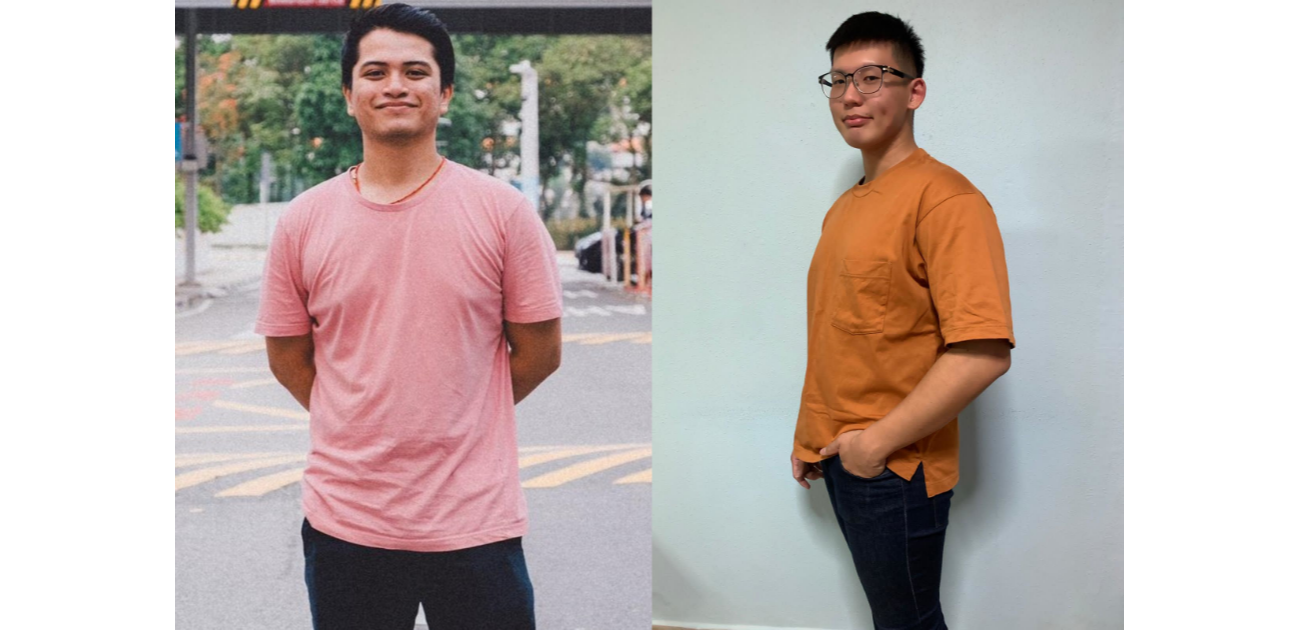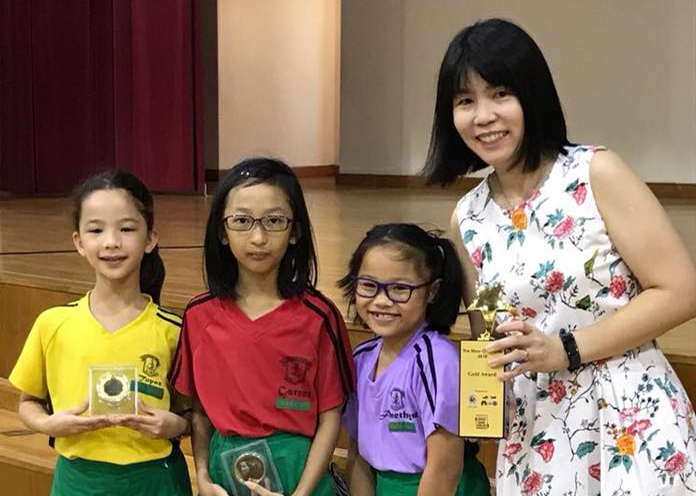This year has been a tough one for most of us, none more so than our graduates from the various Institutes of Higher Learning (IHLs). Many are ready and eager to start joining the workforce, but find that they are facing a tougher than usual and uncertain job market. The COVID-19 pandemic has disrupted many industries, and companies all over the world have had to cut jobs or rethink their modus operandi.
In the face of this crisis, our young graduates are learning to be nimble and open-minded. For some, their varied interests and career goals, as well as their willingness to learn new skills, are opening doors for them.
New skills and challenges
Among them is Sakthi Selvam S/O Ganesan, whose interest in Artificial Intelligence (AI) helped him land a role as a research associate at the Agency for Science, Technology and Research (A*STAR). This is even though Sakthi’s degree – Aerospace Systems engineering offered by University of Glasgow at the Singapore Institute of Technology (SIT) – did not focus much on AI.
“During my Final Year Project (FYP), I wanted to take up a new challenge. I am quite interested in how advanced computers can work like a brain. So, when I saw a project involving AI – building an algorithm for drones to detect welding defects on ships – I jumped at the chance,” said Sakthi.
Being in a different industry meant picking up new skills. Sakthi had to become familiar with the foundations of software engineering in his first year, and he learnt coding from scratch, which proved to be a challenge.
“I had to practise learning Python (the coding language) for two hours every night after my classes. Luckily, there were many free courses available online, such as on YouTube. I think it took me about a month to get a decent grasp of it,” he said.
Having been bitten by the AI bug, Sakthi searched for jobs related to the industry after finishing school in May this year. But he was met with rejections as some companies required job experience while others required candidates to have a degree in Computer Science.
Although he felt upset initially, Sakthi continued to press on. While scanning through the job portal MyCareersFuture, he spotted A*STAR’s job advertisement of a one-year SGUnited Traineeship (SGUT) stint with them.
The SGUT programme is a government initiative designed to help recent graduates develop their professional skills through traineeships, where they would be guided by a mentor. These work stints last up to a year and trainees are provided with a monthly training allowance.
Sakthi said he was not confident about securing the position at first, but thanks to his prior interview experiences, he felt better prepared this time.
“Those earlier experiences really helped me to think and reflect on how to approach future interviews better, for example finetuning my answers to certain common questions,” said Sakthi. “Beyond that, I read more to build up my knowledge on AI. I also took up courses on AI, such as maching learning, on LinkedIn Learning,and joined a hackathon on data analytics to further develop my skills,” he said.
Sakthi aced the interview and started work at A*STAR in August, where he commenced development of an AI algorithm to detect lung nodules using medical imaging. Through this project, he said he has improved his coding skills, and has become more adept at working across multiple teams.
“I really have to thank SGUT for giving me the chance to further my interest in AI even when I did not have any experience, and for providing mentorship. I’ve been picking up a lot of on-the-ground knowledge. I hope this experience will better equip me for future jobs,” said Sakthi.
A stepping stone
Like Sakthi, Han Shun Fong is also on the SGUT programme. He hopes it will help him to figure out his career goals and develop his professional skills. In his case, Shun Fong decided to apply for SGUT jobs immediately after graduation without considering full-time positions. He graduated with a Diploma in Engineering Systems & Management in 2018 from Republic Poly and started his job hunt in July this year, two months after completing his National Service.
“To be honest, I did not know what I wanted to do. But I knew I did not want to be bonded to a single job role for the rest of my life. I felt the traineeship would give me the opportunity to find out whether I liked working in the engineering industry, while I pursued other upgrading courses as well,” said Shun Fong.
“Since I’m young and have more time, I thought I should try out a few different roles,” he said, adding that a range of different careers real estate, personal training, and insurance – interested him.
Shun Fong discovered SGUT through pamphlets he picked up from a flyer distributor.. He applied for a plethora of positions, from engineering to digital marketing to sales, to see what roles he could get. In the end, he received two SGUT offers from engineering companies. The first company offered him a sales position, and the other a technical role – engineering assistant. He joined the latter company – a manufacturer of laser cutting machines.
“It’s because the job is more related to my diploma. I feel that this is a good chance to see whether I am cut out to be an engineer. And I think sales job opportunities are more readily available so I’m in no hurry,” he said.
Under his supervisor’s guidance, Shun Fong says he was able to hone his technical and customer service skills.
“My supervisor is grooming me to become more independent in my role. Today, I feel confident enough to guide clients on machine servicing and maintenance all on my own,” he said, adding that he hopes to join a sales position within an engineering firm in the future and pursue a part-time course in personal training.
“I think SGUT is a good stepping stone for fresh graduates like me,” said Shun Fong. “In this pandemic, when there are fewer jobs available, I think you should use every opportunity you can get to gain experience.
“Some of the skills that we pick up at our jobs are relevant to other industries as well. So, I think it’s good to keep an open mind when you are hunting for jobs,” he added.






